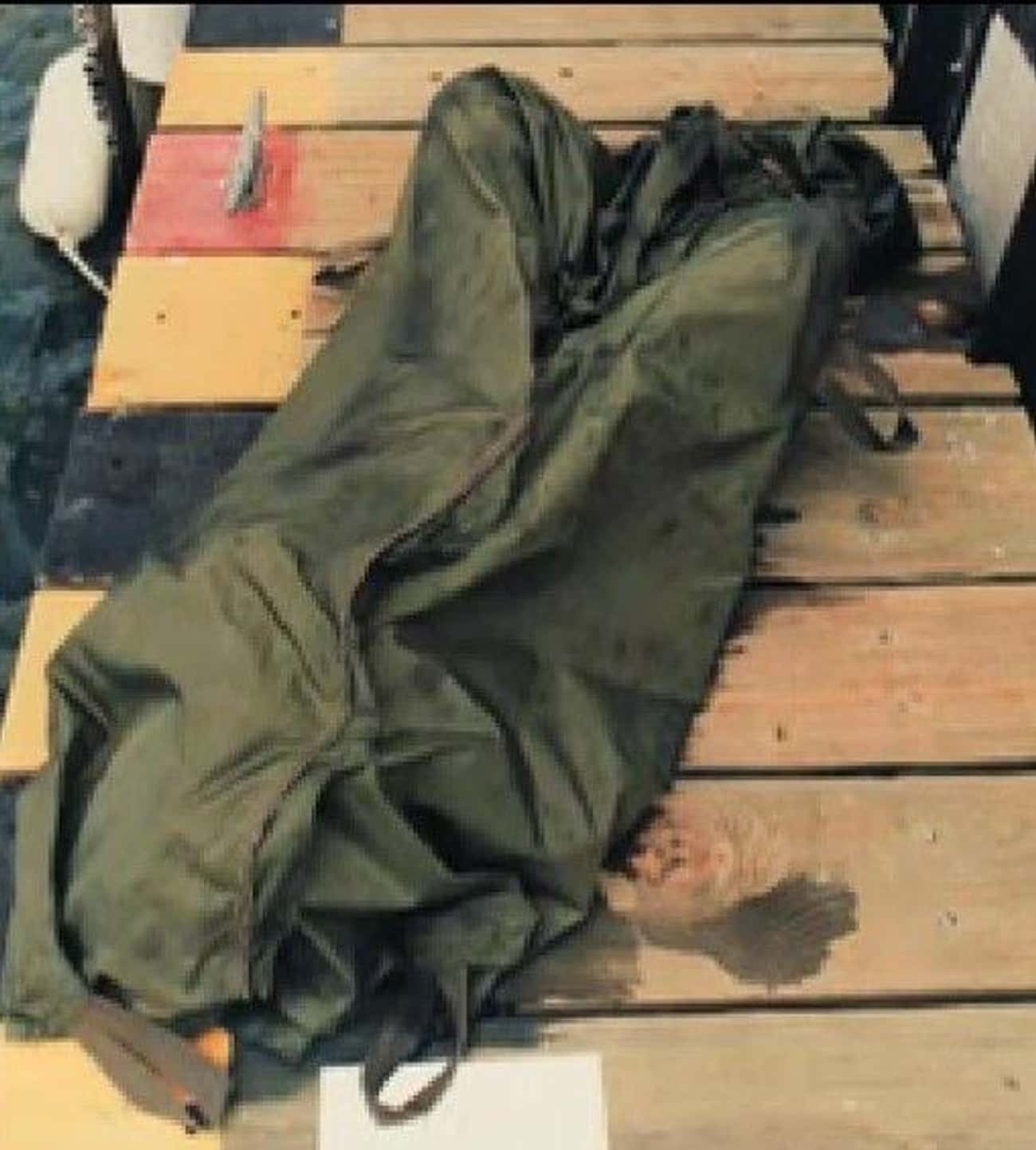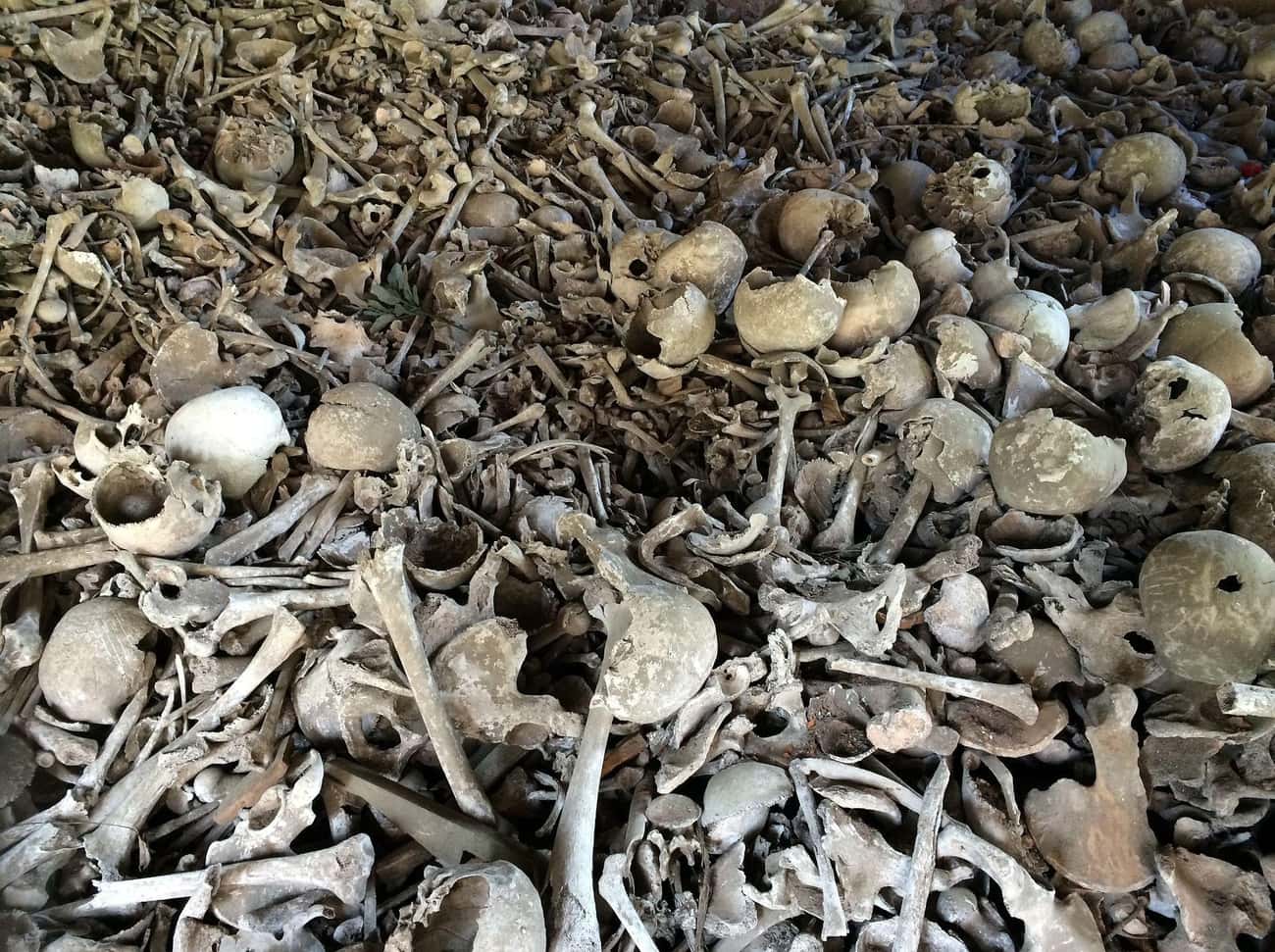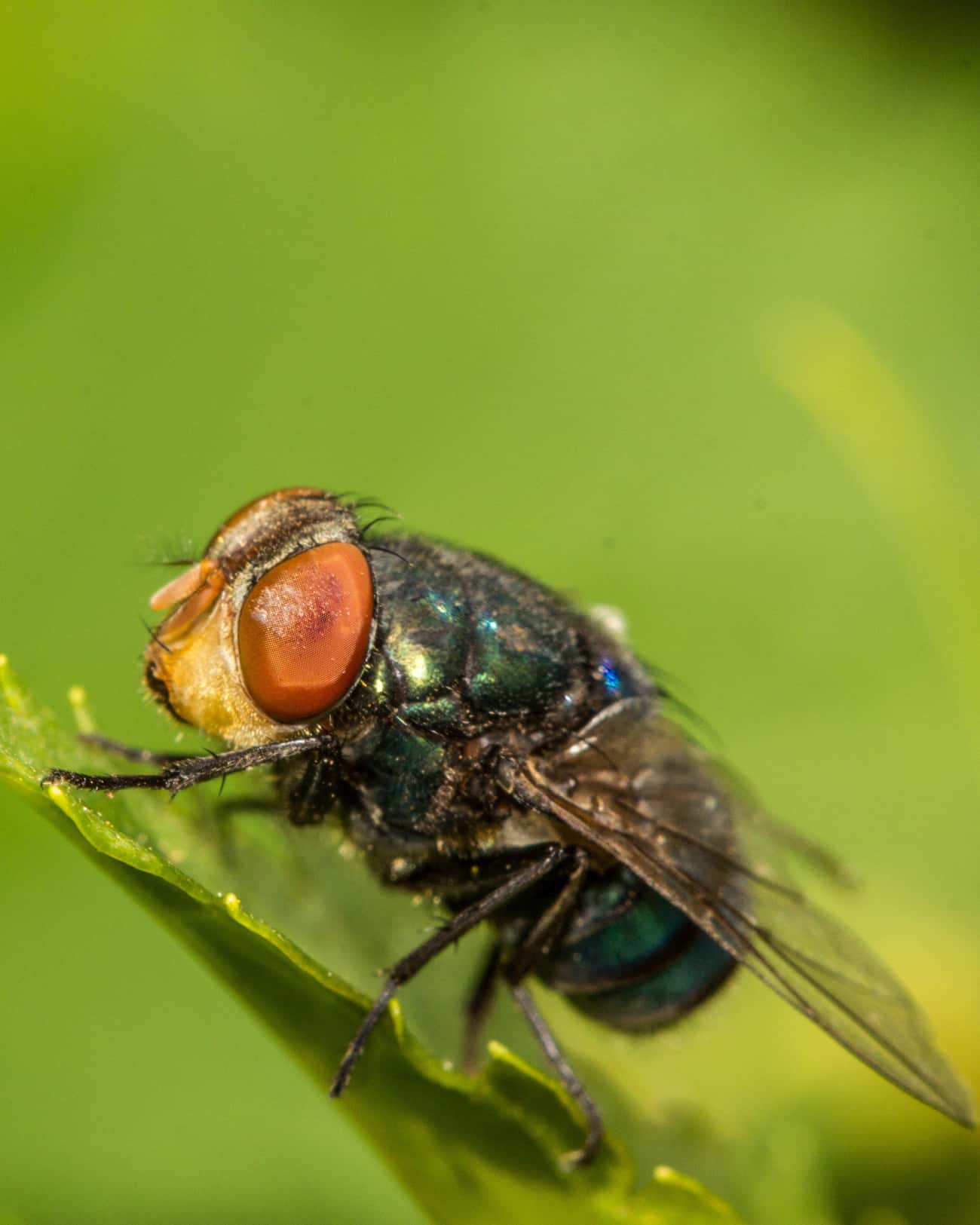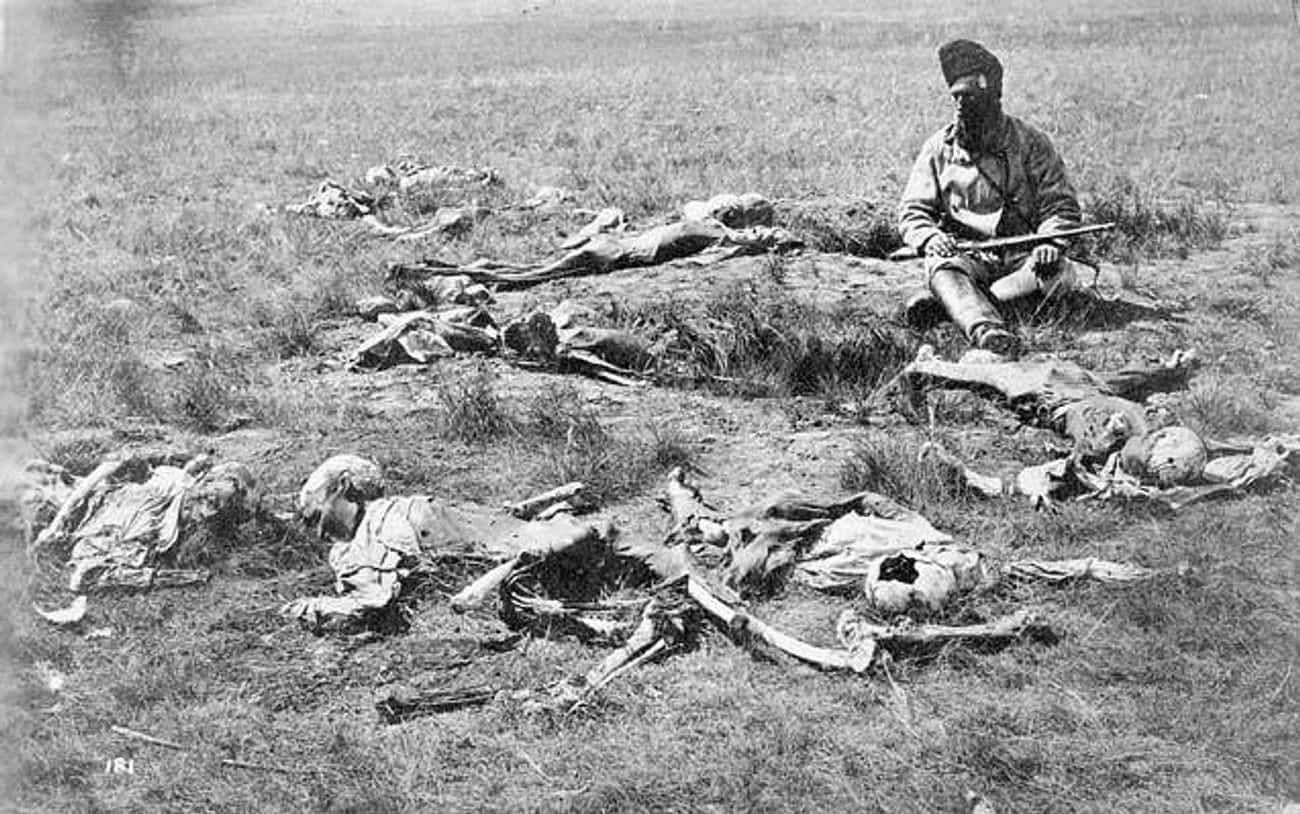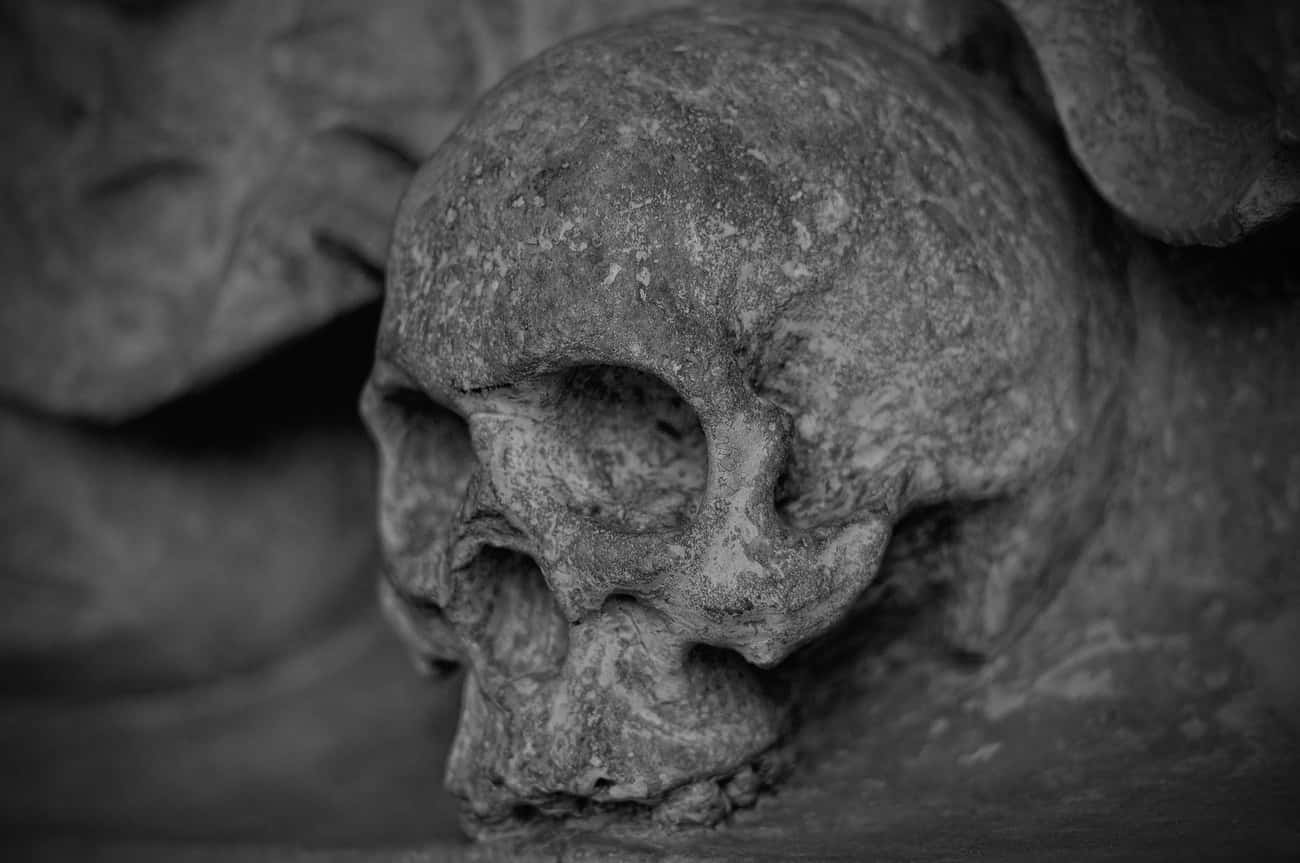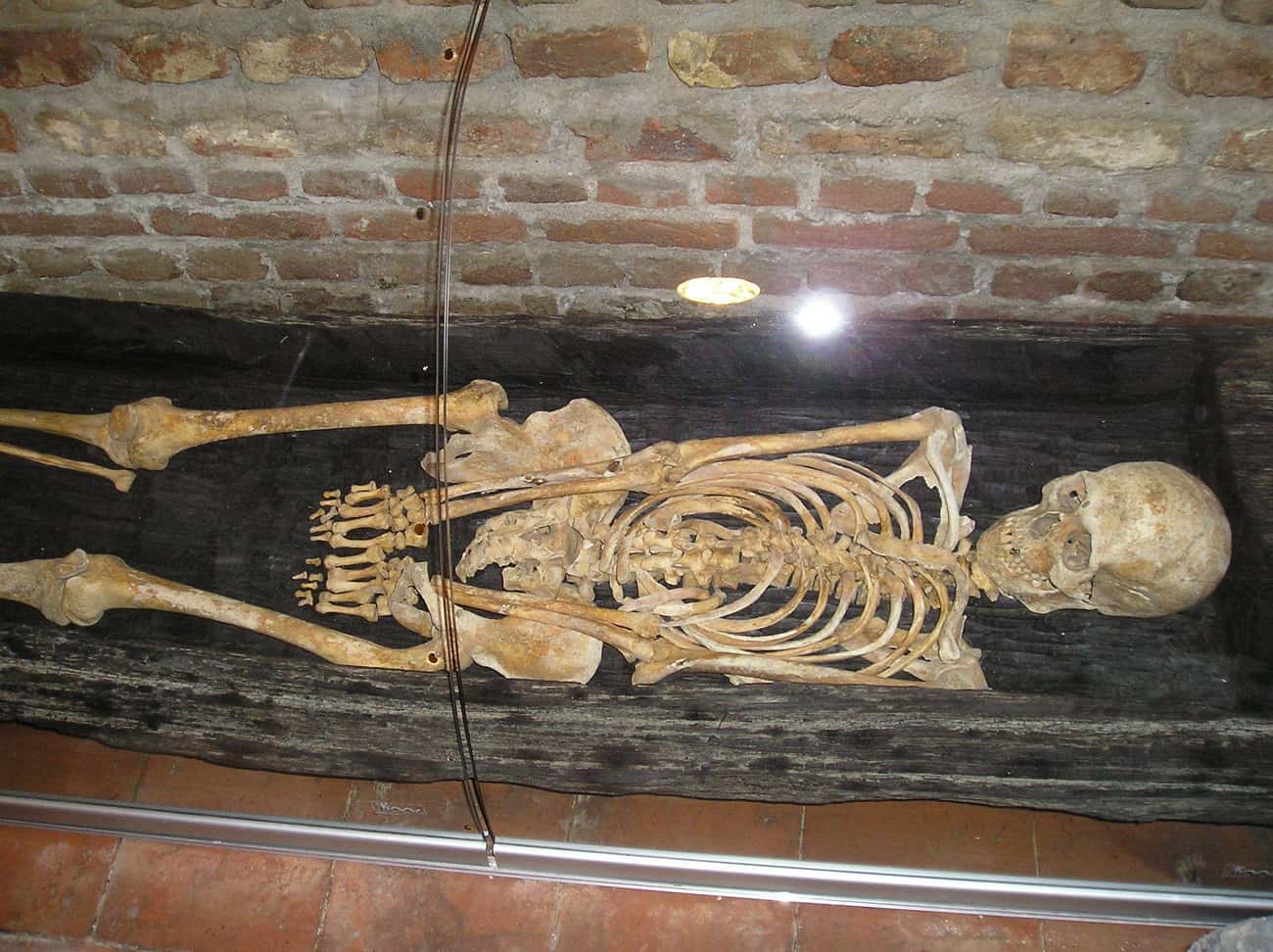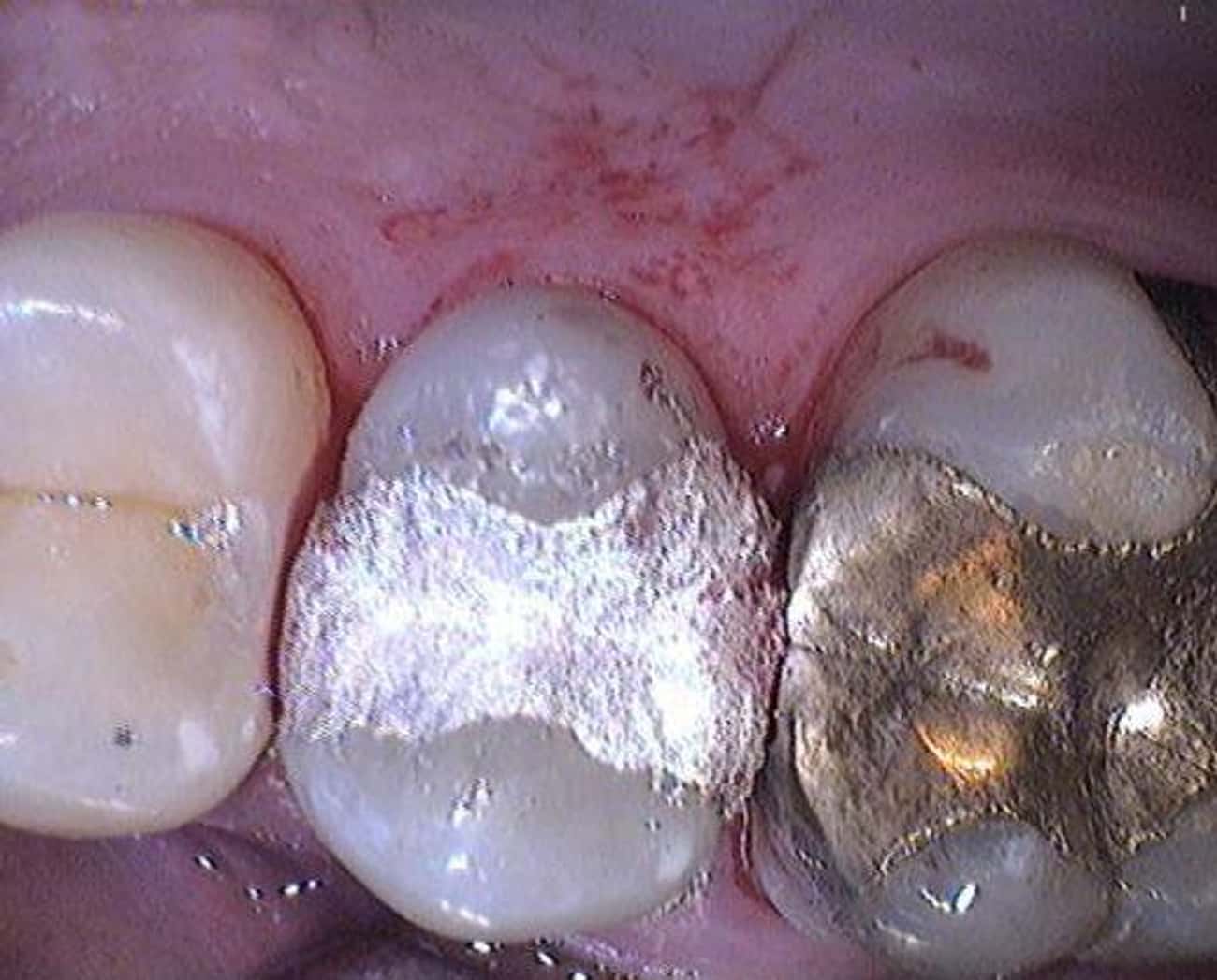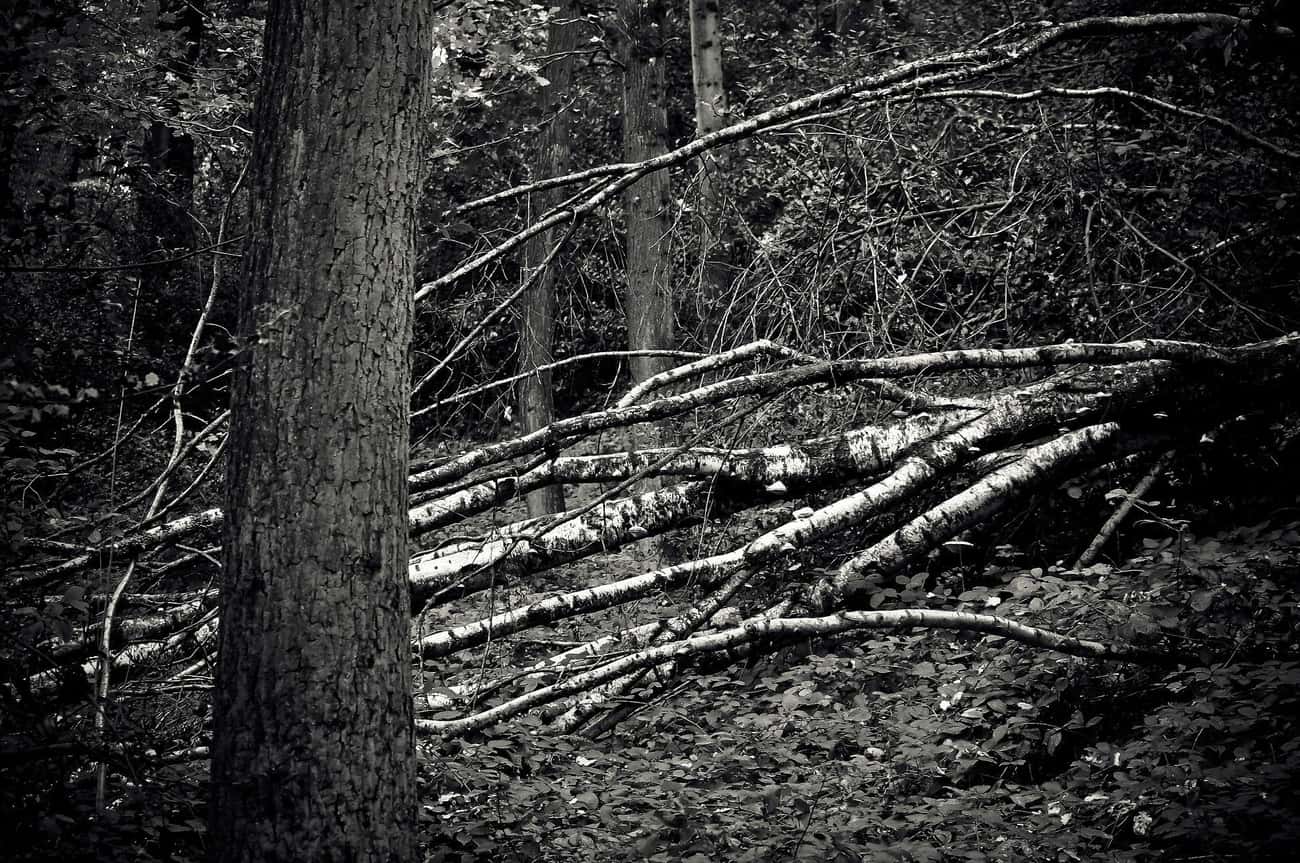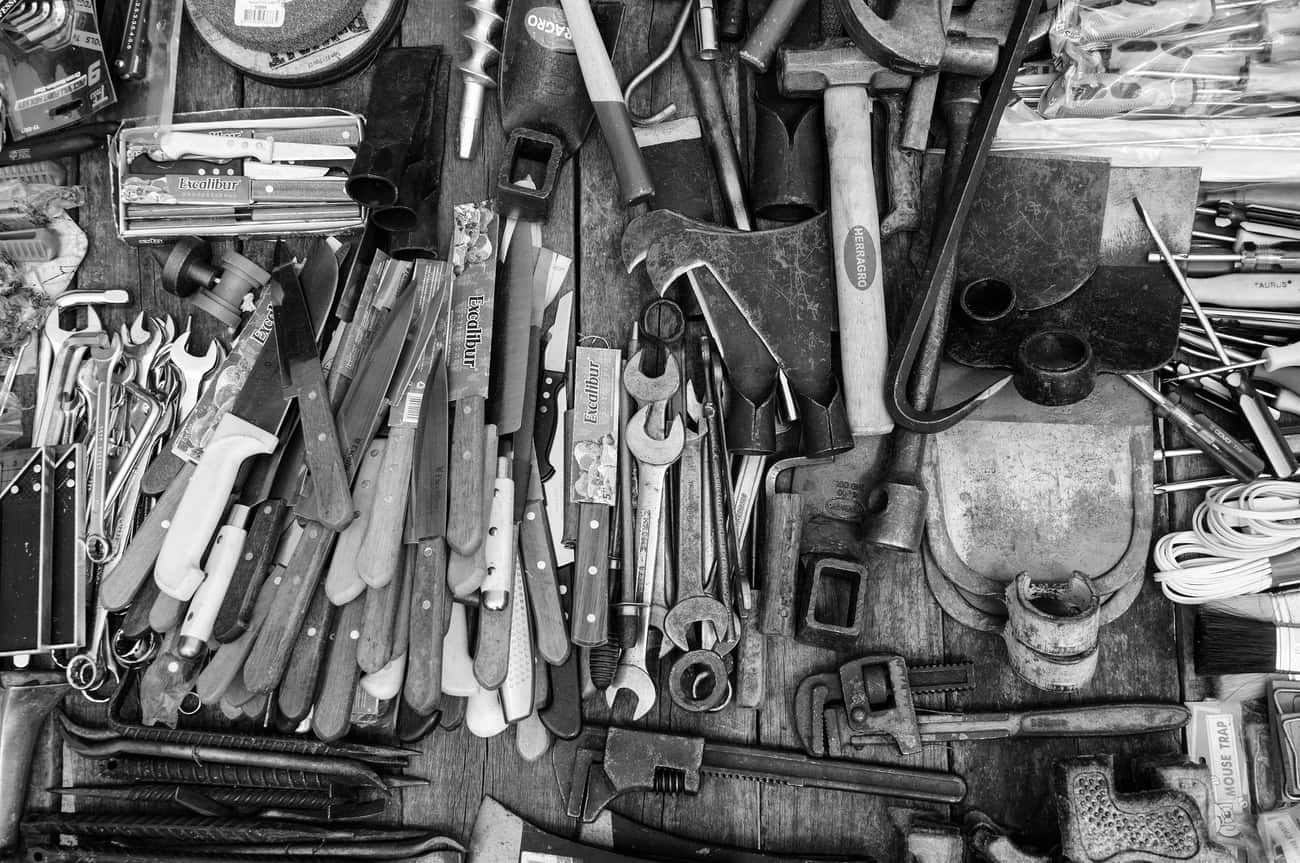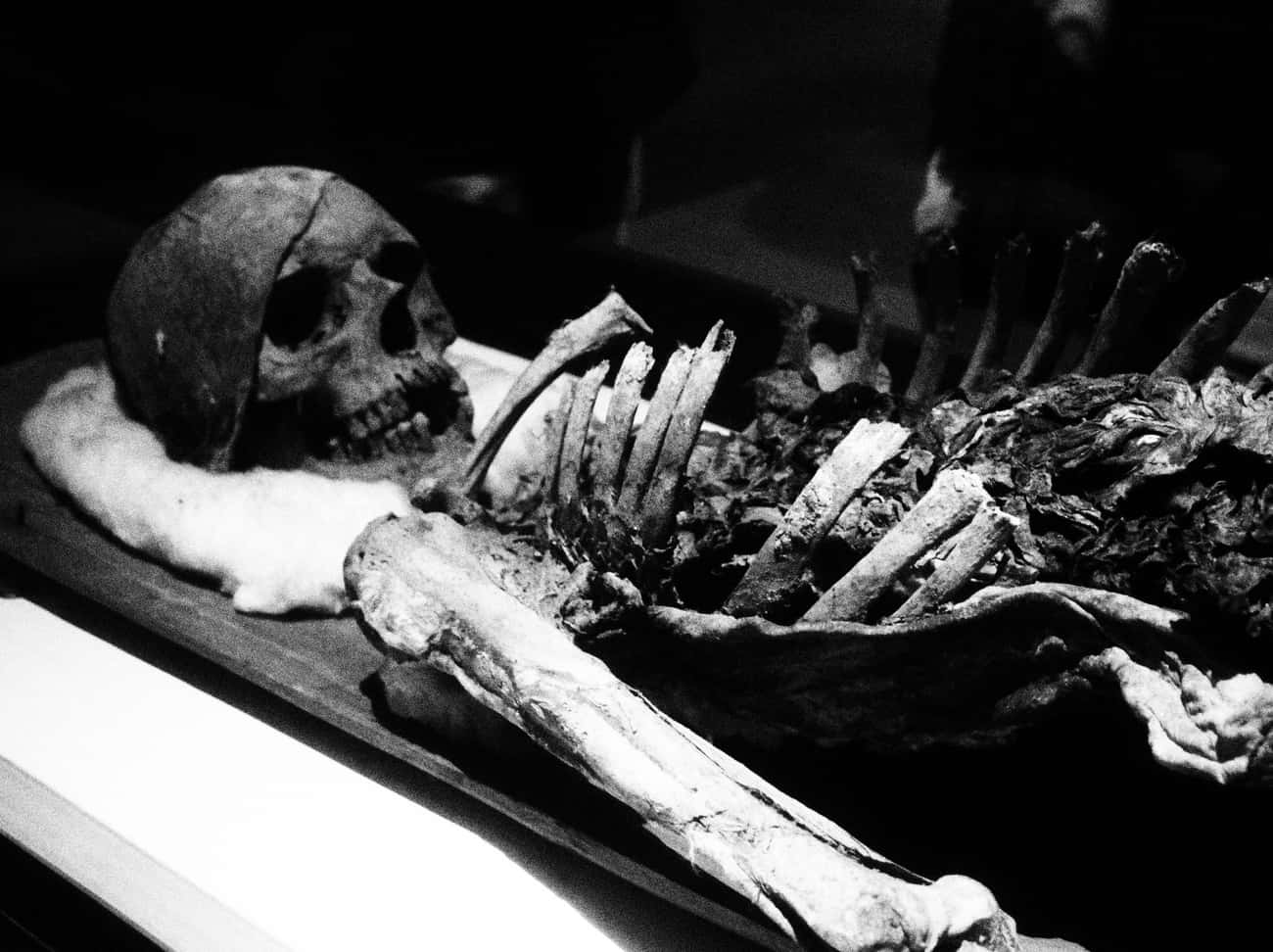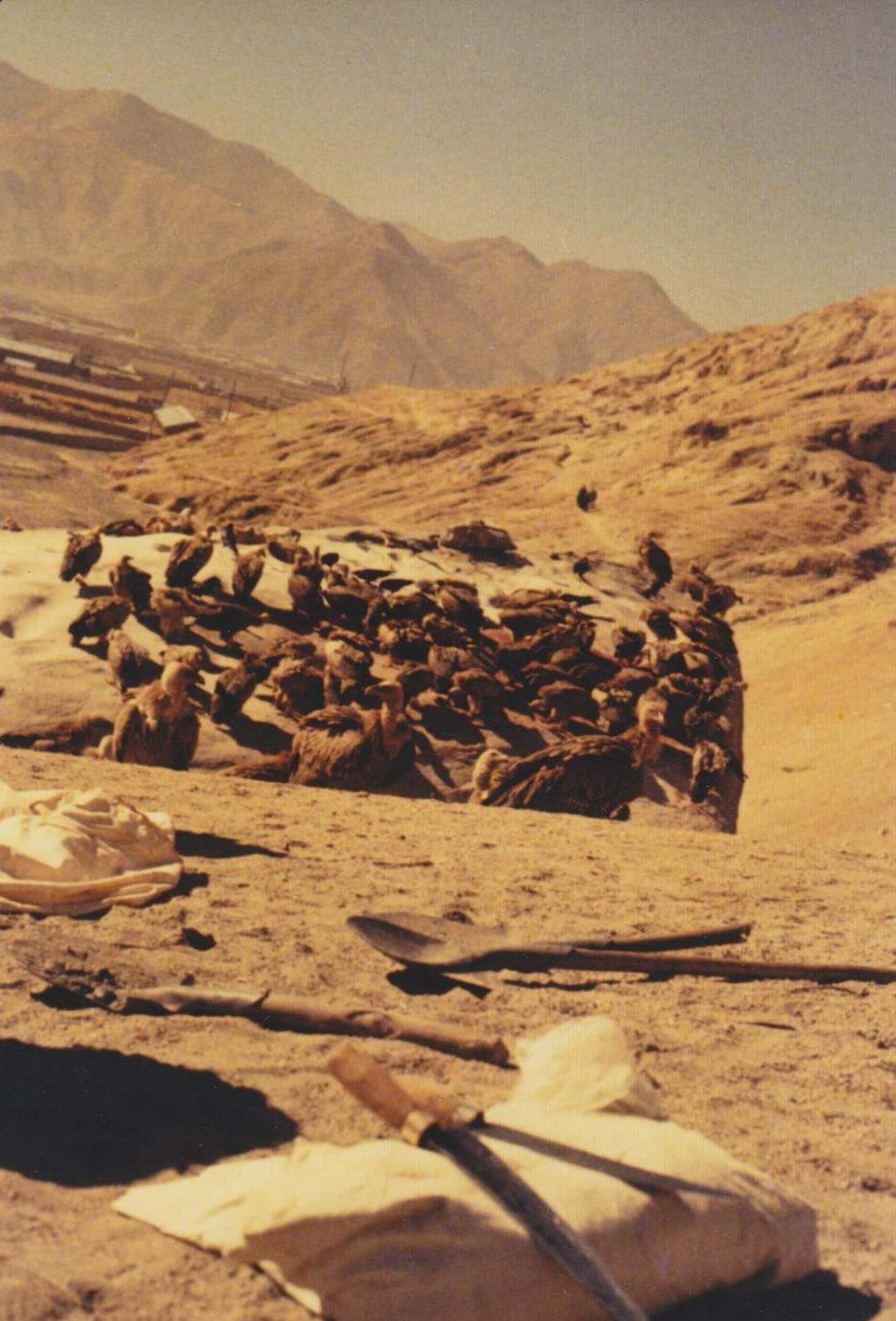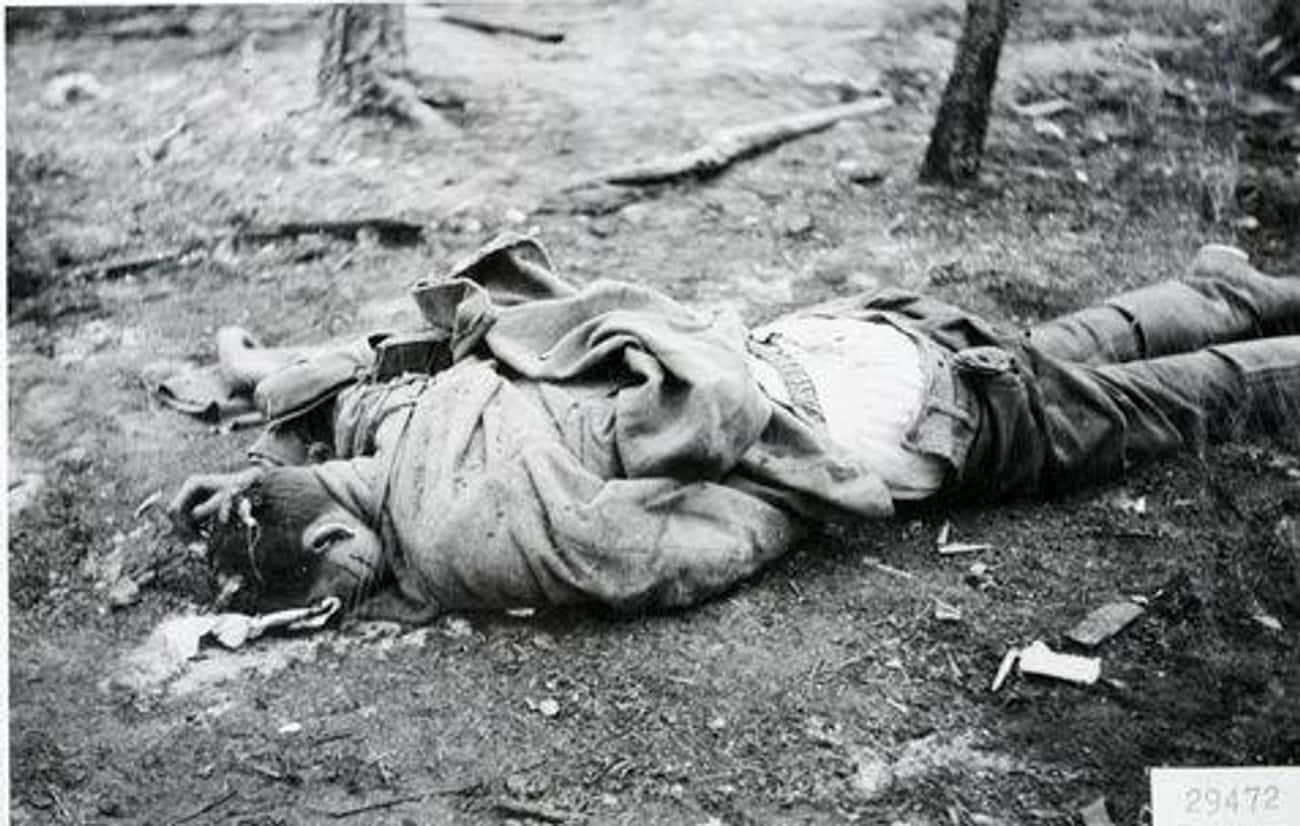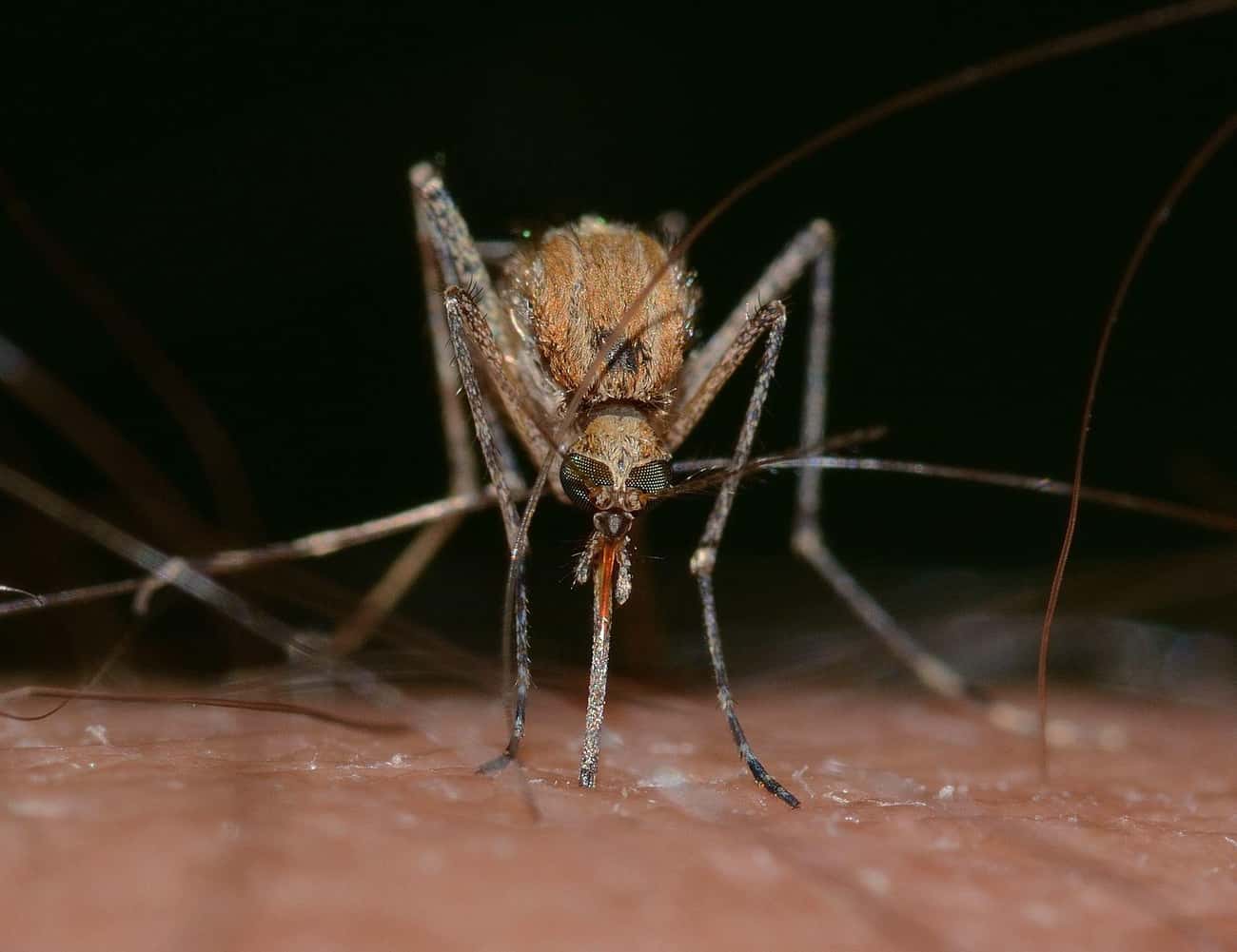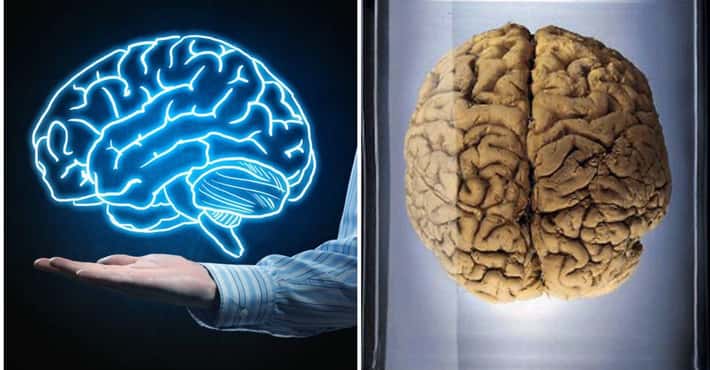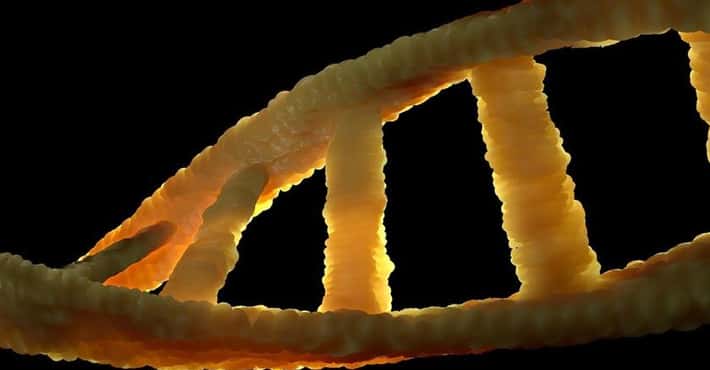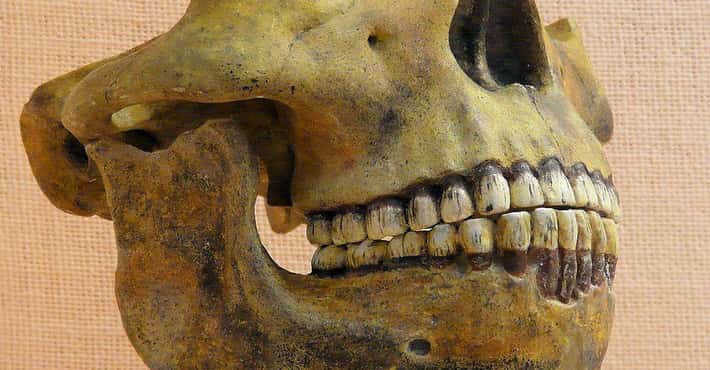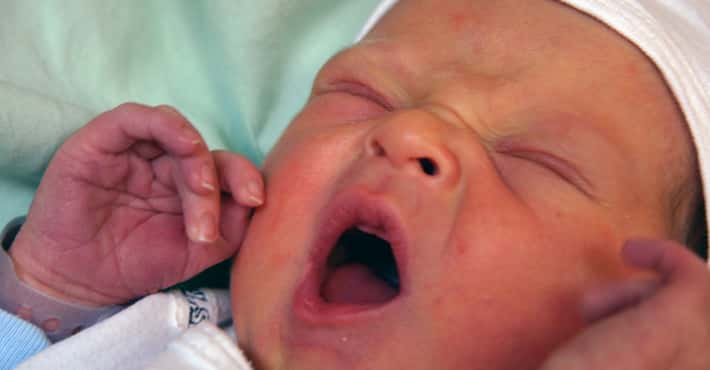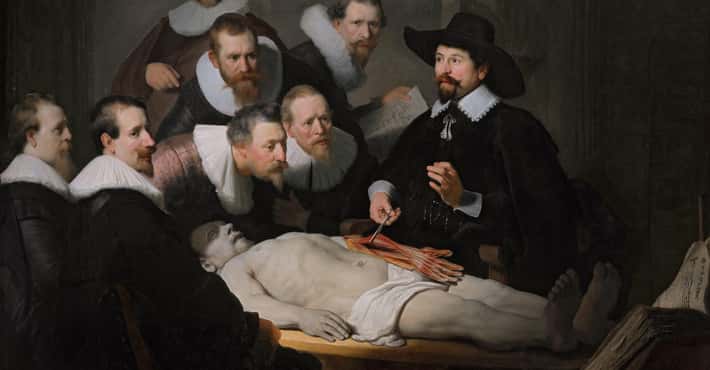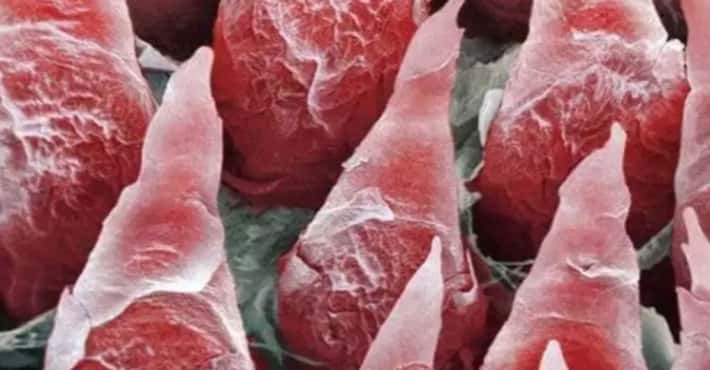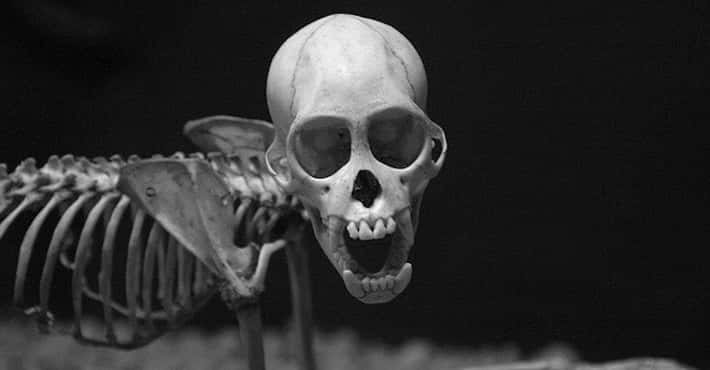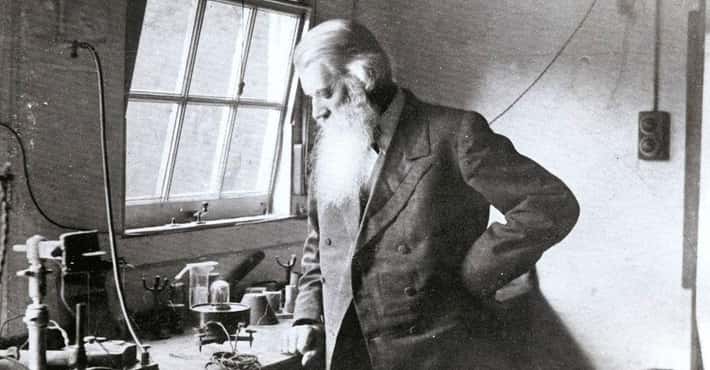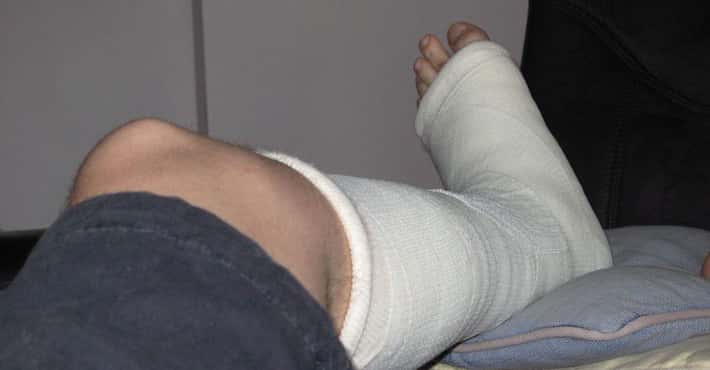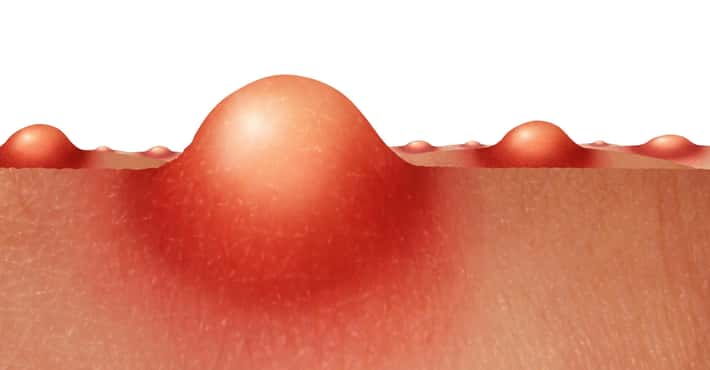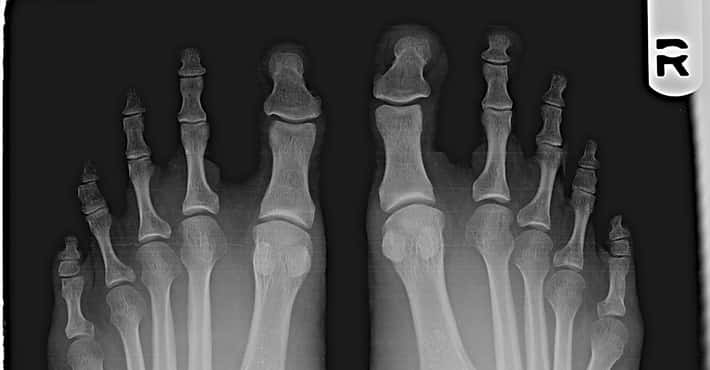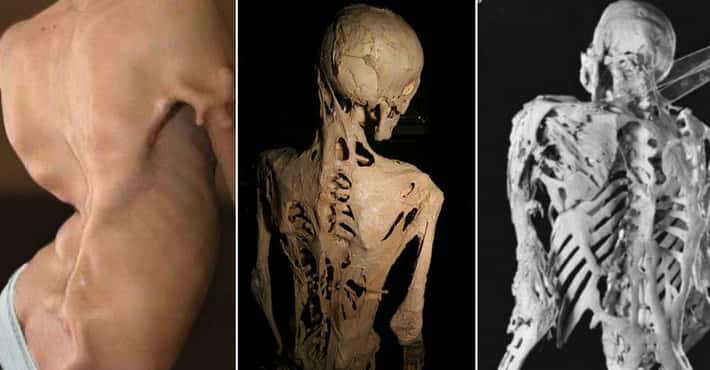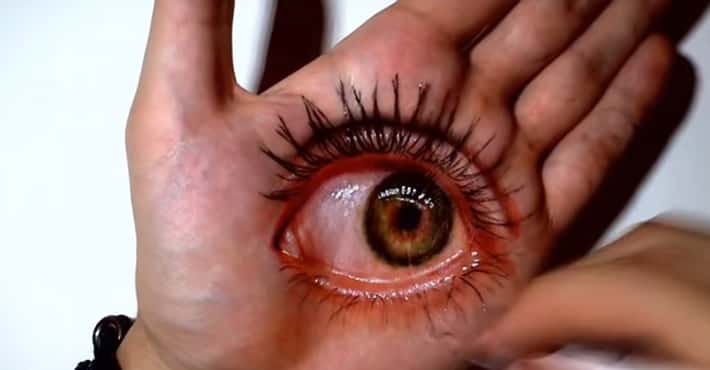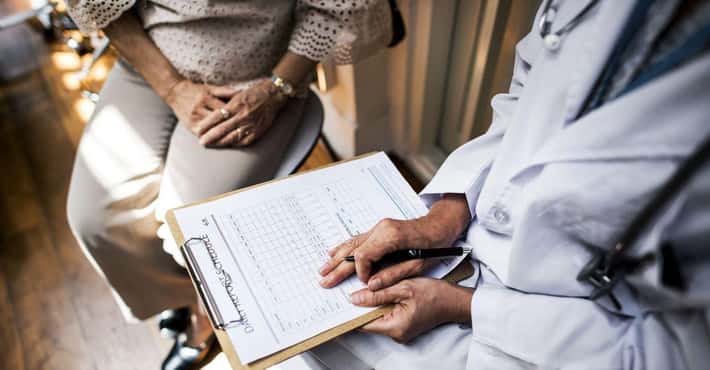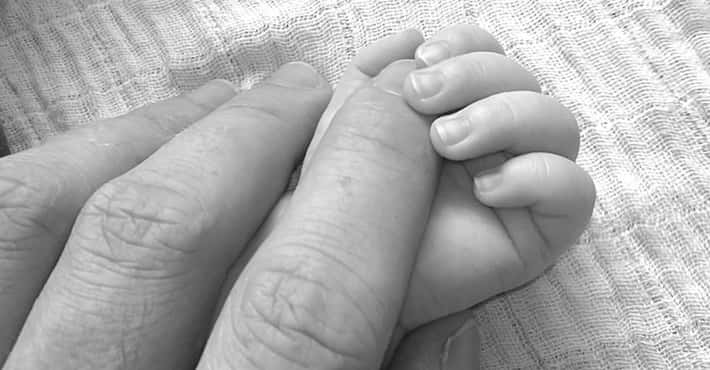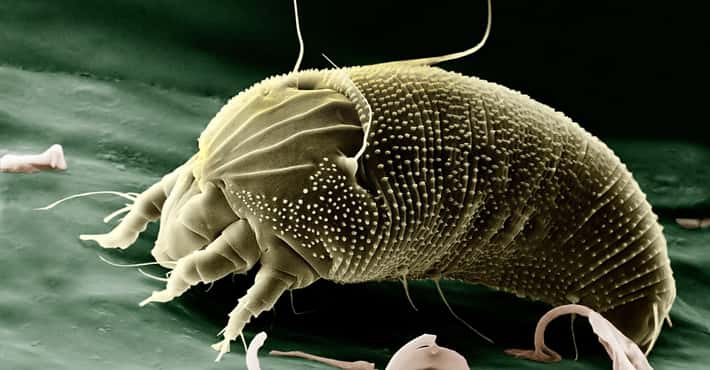14 Beyond Fascinating Things We’ve Learned From Body Farms
Cold Weather Slows The Rate Of Decomposition
Photo: Public Domain / Wikimedia CommonsThis one seems obvious. After all, there's a reason why funeral homes are kept on the chilly side and medical examiners keep bodies in frozen compartments. However, it took the research conducted at the body farm to conclude once and for all that cold weather does indeed slow the rate of human decomposition. Likewise, hot weather speeds up the process. Forensic scientists can examine a corpse, pull up weather records, and then use a combination of the two factors to determine a fairly accurate time and date of death.
How To (Properly) Unearth A Corpse
Photo: Tampa Police Department/Public Domain / Wikimedia CommonsKnowing how to correctly dig up and process a dead body is something that is vitally important. In the field, law enforcement and forensic specialists work together to get the corpse out of the ground or away from the crime scene without disturbing clues that are needed later. For example, you need as many bones as possible need to be recovered, the plant life around the body matters, and the soil itself may hold the keys to the time and cause of death, as well as the body's identity. Because of this, body farms hold seminars where law enforcement trainees come in and practice unearthing corpses. Incidentally, those guys are super fun at parties.
Rats Like Greasy Bones. Squirrels Like Old, Dry Ones
Body farms not only study the rate of decomposition, but also the scavengers that feast on corpses. They have found that rats like greasy bones, and tend to chew on the ends of bones in order to gain access to the marrow within them. This means that if a body is found in the woods with bite marks on the ends, but nowhere else, rats found it. Forensic scientists can then look at that data and use it to help determine how long the body has been there.
Squirrels, on the other hand, like dry bones - ones that have been laying around for a while and are fully exposed. Researchers believe that they use the calcium in the bones to help breed strong litters of baby squirrels. So, you know, that's both adorable and horrifying at the same time. Marks left on bones from squirrels indicate that the body was fully skeletonized and exposed in hot, dry weather.
Blow Flies Flock To Freshly Deceased Bodies
Photo: Karz09/CC BY-SA 4.0 / Wikimedia CommonsBlow flies are the very first insects to arrive after a person dies. Other insects will emerge at different intervals, as they are attracted to various parts of the decomposition cycle. Some will lay eggs, while others, like mosquitos, will go after any blood that remains. Cute, right?
Forensic entomologists study the insect activity on the bodies, and that they can use that data to determine the time of death of a real victim. If only blow flies are present, for example, they probably haven't been dead long.
Decomposition Follows A Set Formula
Photo: Rolling Thunder/Public Domain / Wikimedia CommonsOne of the most interesting things developed from the experiments at various body farms is the decomp, or decomposition, formula. This formula can tell researchers how long a body has been decomposing, essentially providing a time frame that states when death occurred.
This formula is as follows: 1 week exposed to open air equals 2 weeks in the water equals 8 weeks buried in the ground. The last part of this formula refers to bodies that have been killed and then buried - not people who have been embalmed or mummified. The formula can be adjusted as needed to take other factors into account, such as air temperature and weather.
It Takes 18 Months For A Body To Decompose Down To Just A Skeleton
Photo: PeterDargatz / Pixabay / CC0 1.0When left unburied and open to the elements, a human body can be stripped of its skin, organs, and tissue - down to just a skeleton - in a mere 18 months. That takes less time than most community college degrees. Of course, if part of the body is buried or it's left in a cold climate, the amount of time differs. This is why forensic scientists need to know everything about where the body was and what was around it, as those factors weigh into the time of death.
Information About Skeletal Remains Can Be Determined Via A Computer Program
Photo: Vincent de Groot/ CC BY 2.5, / Wikimedia CommonsThe research conducted at the "main" body farm (on the campus of the University of Tennessee at Knoxville) resulted in the creation of a computer program called ForDisc. Anthropologists, researchers, and criminologists enter bone measurements and other details into the program, which then provides them specifics like age, ethnicity, and gender. This makes it much easier to determine who the bones belonged to. Really, what can't computers do these days.
Teeth Alone Can Determine The Time Of Death
Photo: Michael Ottenbruch/CC-BY-SA-3.0 / Wikimedia CommonsHuman teeth are similar to tree rings in that they grow fibers that attach to the gum line every year. So, really, it's like your mouth is a super wet forest with a tongue in the middle. A researcher at the Texas State University body farm studied permanent teeth and discovered that actually two of these fibers form - one in the spring or summer that is bright, and another in the fall or winter that's dark in color. By examining these fibrous lines on the teeth, an age and season of death can be determined.
Plants Thrive In The Vicinity Of Human Remains
Photo: MichaelGaida / Pixabay / CC0 1.0Human remains act just like any other type of fertilizer, producing nitrogen that leeches into the soil and providing nutrients to plant-life. Plants thrive on this added element growing larger and greener than they would otherwise. Scientists can use this knowledge to determine where bodies may be buried, as well as when - by studying the size of the plants relative to those in the area. So the next time you see a beautifully tended garden with slightly above-average sized tomatoes, it probably belongs to a murderer. That's just objective science.
Tool Marks On Bones Can Determine Cause Of Death
Of course, body farms do more than study the rates of human decomposition - they also look at how the person tuned into a corpse in the first place. By taking a hammer to a donated body and burying it for a particular amount of time, scientists can study the marks left at different rates of decomposition, and thus help law enforcement determine how a person was killed. Different weapons leave behind various types of marks, and the way that a body decays may change the evidence left behind. This is why it's important to conduct these studies in a body farm, regardless of the fact that it's kind of icky.
Forensics Is More Than Anthropology
Photo: Mark Ahsmann/CC BY-SA 3.0 / Wikimedia CommonsYes, bones (which are what forensic anthropologists study) are important. We've all seen Bones (or at least the ubiquitous ads), and we know that bones are sexy and interesting. But, there are other specialties that can tell you a lot about a decomposing body. Forensic entomologists, for instance, study the insects and other creatures (such as rats and squirrels) that feast on decomposing human remains.
The insect residue and bite marks on the remains can tell you quite a bit about how long the body has been dead and in one place. Forensic taphonomists study decomposition itself, which had four main stages: fresh (newly deceased), bloat (when gasses accumulate), decay (self-explanatory), and remains (what's left).
Vultures Can Turn A Corpse Into A Skeleton In Mere Hours
Photo: BabelStone/CC BY-SA 3.0 / Wikimedia CommonsOne of the best things about having body farms in different parts of the United States, besides providing multiple fascinating tourist destinations, is that there are different scavengers in various climates. Researchers at Texas State University's Anthropological Research Centered, for example, studied the amount of time that it takes for vultures to completely pick a dead human body down to just the skeleton. They previously thought that it would take weeks to reach this state, when it fact, it only takes a few hours. So that's comforting.
People Will Donate Their Bodies Before They're Dead
Photo: Finnish Defense Forces/Public Domain / Wikimedia CommonsBody farms get their bodies from two different places (and no, neither of them is brutal, grisly murder): medical examiners who donate unclaimed corpses, and people who fill out the paperwork to donate their bodies in the event of their deaths. Each body farm usually receives around 100 donations a year, and the Anthropological Research Facility (a nice way of saying what they really do) currently has a donor list of over 2,000 people.
Human DNA Can Be Preserved In A Mosquito
One of the main hurdles that law enforcement faces is how to get DNA from a dead body. If the person hasn't been dead long, then that answer is obvious. However, if the body is very decomposed, DNA may be tough to obtain. Researchers at the body farm have discovered that mosquitos and other biting insects preserve some of the DNA of the bodies that they feed on. By trapping and dissecting those insects, DNA might be recovered. This means, of course, that in the future the dinosaur-people could totally open their own reverse Jurassic Park.



